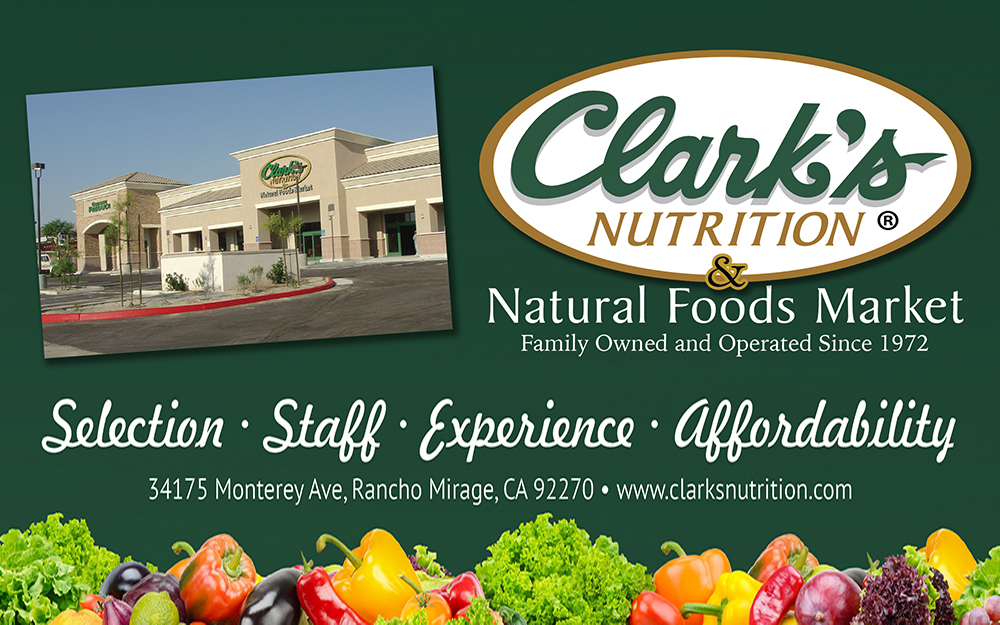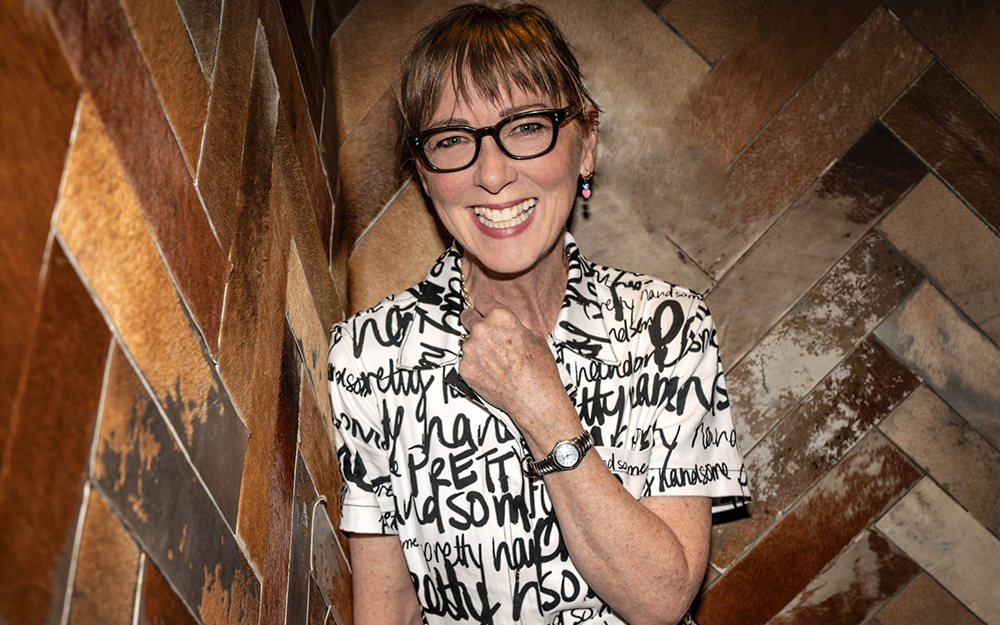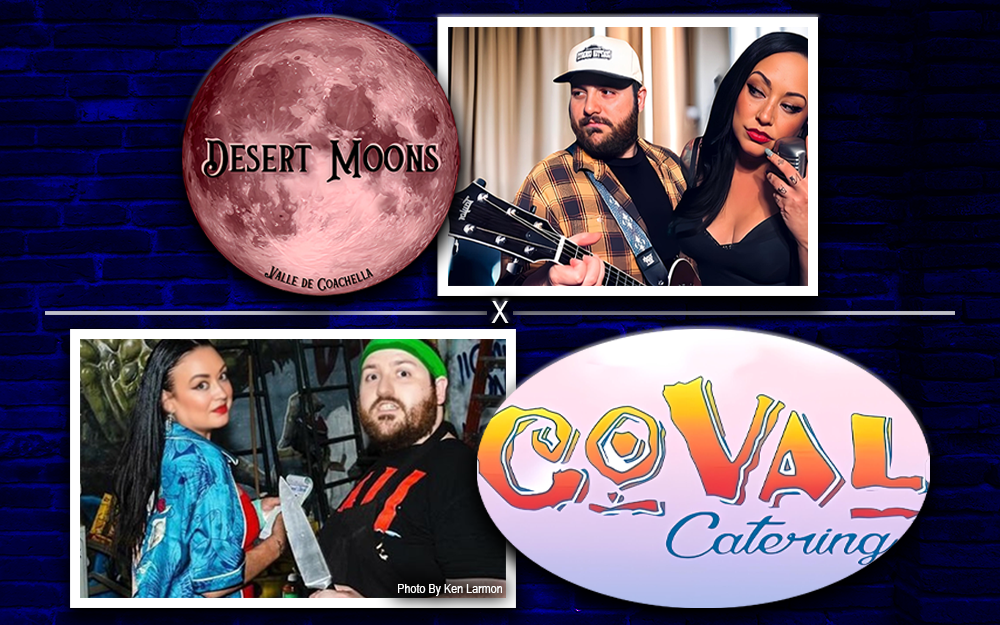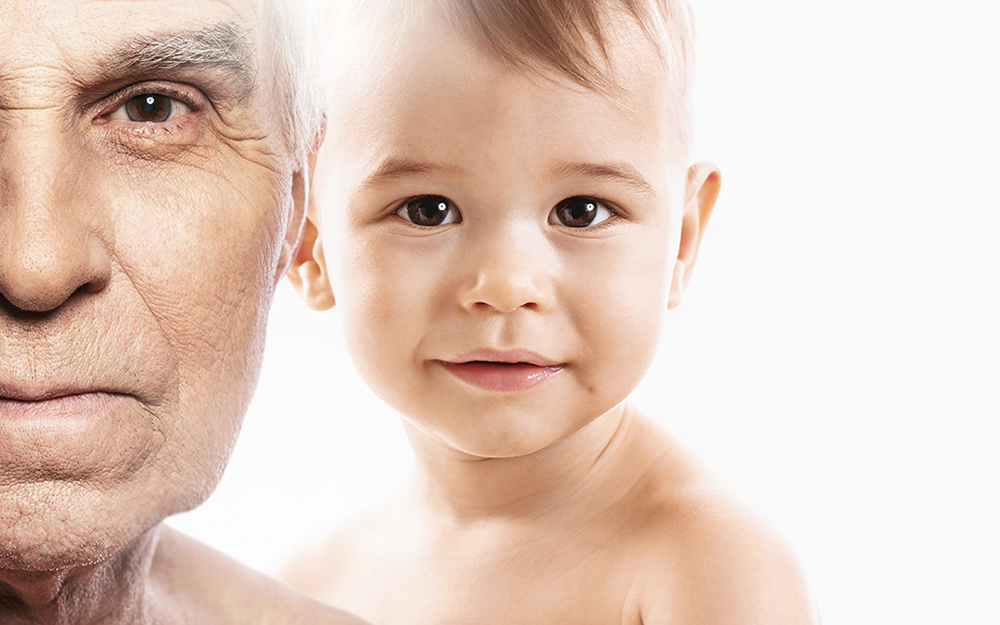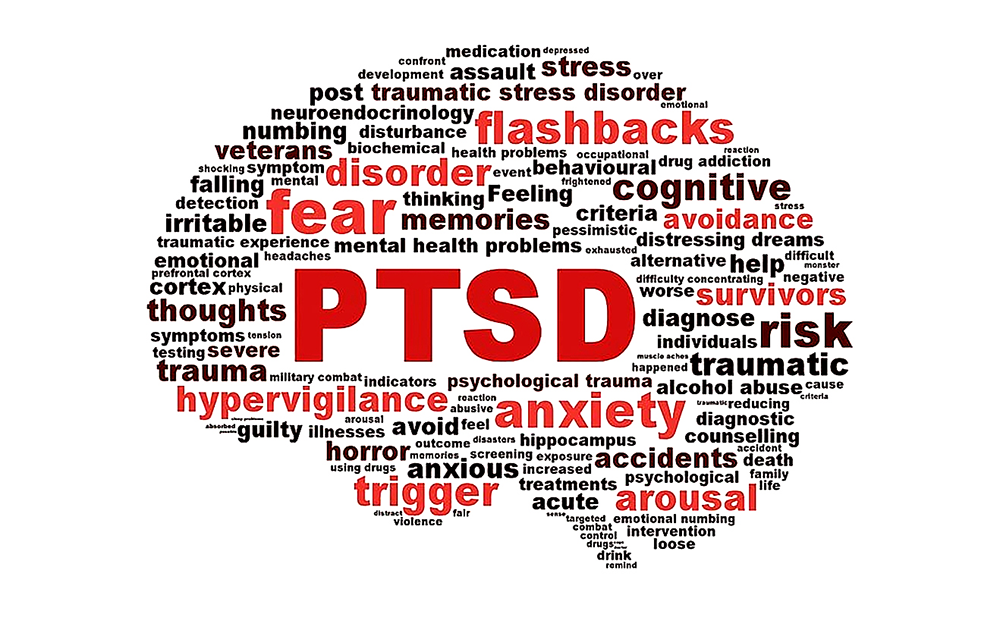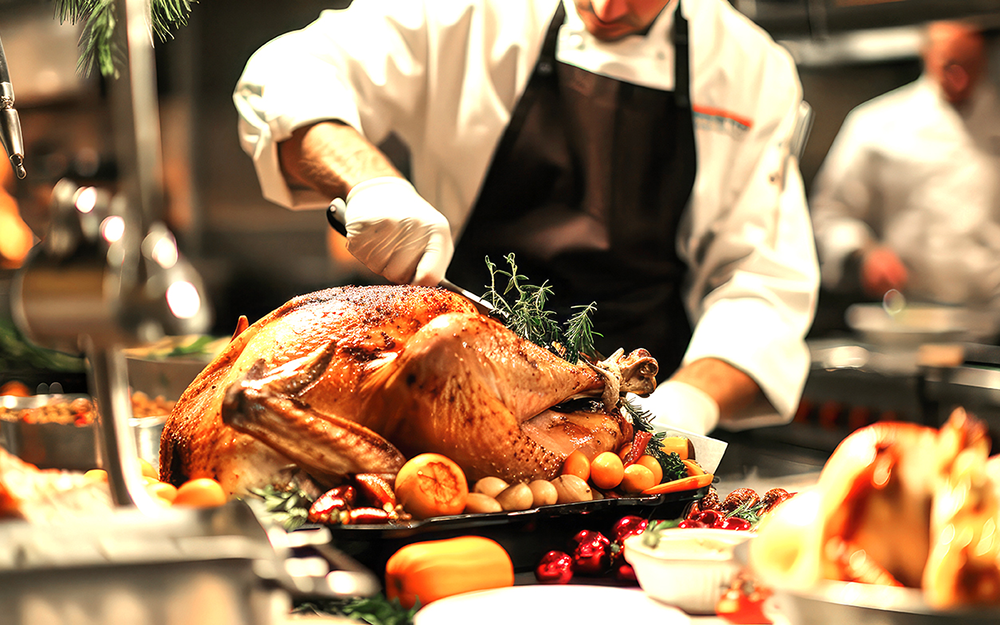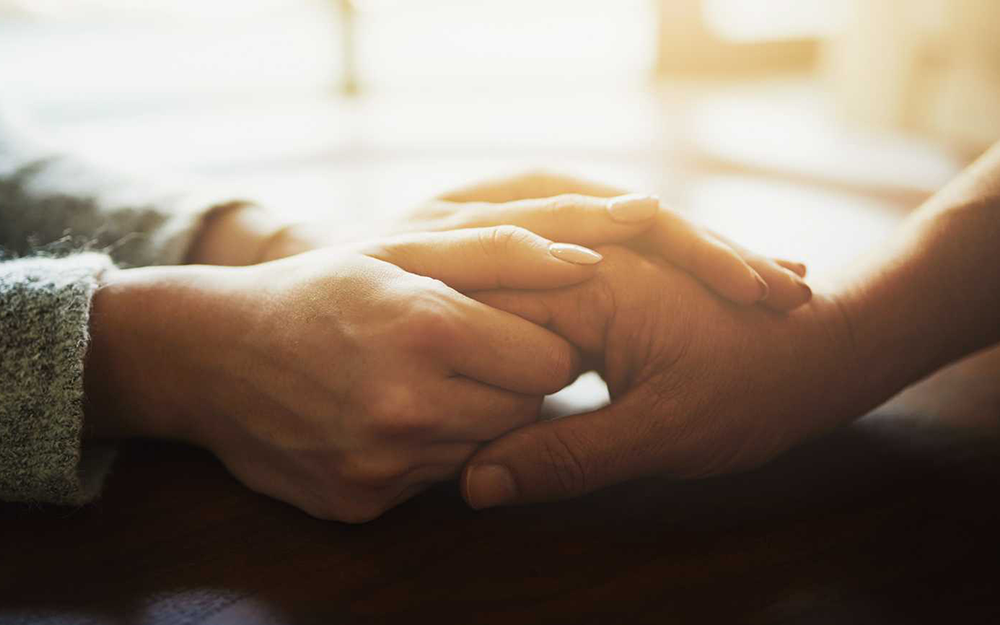
By Fire Chief Sam DiGiovanna
November is National Wellness Awareness Month!
“Look closely and you will see almost everyone carrying bags of cement on their shoulders. That’s why it takes courage to get out of bed in the morning and climb into the day.”
I remember as a young firefighter the assistant chief of my department would say to me, “Wait until you get older, kid — all you do is go to more funerals.” I thought he was an older guy just yakking away and I really didn’t pay much attention. I let it go in one ear and out the other. When you’re young you think you’re going to live forever, and life will be consistent for the most part.
In what seems like the blink of an eye, I’m now that “older guy” — attending more funerals, watching my friends battle serious medical issues, hearing of more and more fellow firefighters diagnosed with cancer and other life-threatening diseases.
Within a couple of years ago I lost my mom, dad and brother. Not to mention those ‘friends’ in life whom you stand by their side during their life trials. Once they’ve emerge through their issues, you’re dropped like a hot potato. With family loss, it feels just short of being orphaned — a common feeling when any child loses a parent. It doesn’t matter that you’re an adult.
The emotional wounds cut deep; they still hurt. Grief is a necessary part of emotional healing — it’s not something to shun or try to get around or to speed up. Doing so can be dangerous. Repressing emotions is rarely healthy, as painful as it may be to confront them.
No two people grieve alike. I saw this in my family — my brothers and I are grieving differently. I have come to realize we needed to give each other room to work through personal pain the way we each needed to. We cannot be critical of how someone hurts. The intensity of pain is different for everyone, as are the actions that may ease the pain, even momentarily.
Although we associate grief with death of a loved one, we experience it when we suffer other losses, too. We might lose our job or be forced to say goodbye to friends when we move. We might experience the end of a friendship or a divorce or have to give up the aspirations we had for our child.
What unites all these experiences is that coming back from any loss is a process. Grief is an emotion, but grieving is processing that emotion. Psychologists often refer to the five stages of grief. Did you know these stages were adapted from Elisabeth Kubler Ross’ five stages of dying? They are:
- Denial— Your first reaction to a loss may be to deny it’s even happening. You shut down, go numb. It’s similar to the body going into shock when it experiences a traumatic injury — a way of protecting the mind against the pain.
- Anger— As the numbness wears off, you may find yourself angry at the situation, at others, even at the person who has died. If you’re experiencing the loss of a friendship, for example, you may blame them for changing in a way that prevented your friendship from continuing. Following a death of a loved one, you may be angry at God.
- Bargaining— When someone is told they’re going to die, bargaining often takes the form of trying to escape the diagnosis — “I’ll never smoke again, if you just heal this cancer.” When the loss has already occurred, bargaining is more subtle. It takes the form of “What if” and “If only” statements that trap us in the past and keep us from moving forward. If I’d only worked harder, maybe I wouldn’t have lost the job. If I’d been a more attentive parent, my daughter wouldn’t be fighting drug addiction.
- Depression— Feelings of emptiness, despair and intense sadness are common following a loss of any kind. This is different from chronic depression, which is a debilitating condition requiring treatment. Depression following a loss is normal and healthy, even if it is painful.
- Acceptance— Some people say loss gets easier with time. Others find that statement insulting, especially when a loved one has died. In any case, the final stage in the grieving process is acceptance. It’s not about coming to see the loss as a good thing — it’s simply learning to live with it in our lives. Accepting the reality that it’s happened, there’s nothing we can do to change it and we need to find a way to live.
To describe grief as a process is not to imply the stages are linear. You might start off angry, you might skip the bargaining stage all together, you might bounce back and forth between the stages. All this is normal — the danger comes in getting stuck in one stage for a long time or in not realizing the process you’re going through.
Understanding grief as a process is important because it underscores that it is hard work. Too often we expect to shake off a loss and move on, and we may be stunned when we’re not able to do so. Or we may think we’re OK, and then grief comes along and socks us in the stomach again. We have to be kind to ourselves — and to others experiencing grief — and understand there is no set time frame for the grieving process, no point at which someone comes along and says, “Congratulations, you’re done grieving.”
Here are some other ways to lean into the support of others:
- Seek out agrief support group. This can be a great way to connect with others who understand what you’re going through.
- Talk to atherapist. If you’re struggling to cope, talking to a professional can be very helpful.
- Spend time with supportive family and friends.Surround yourself with people who will make you feel loved and supported.
- Get involved in your community.Volunteering or other activities can help take your mind off of your grief and make you feel good about helping others.


